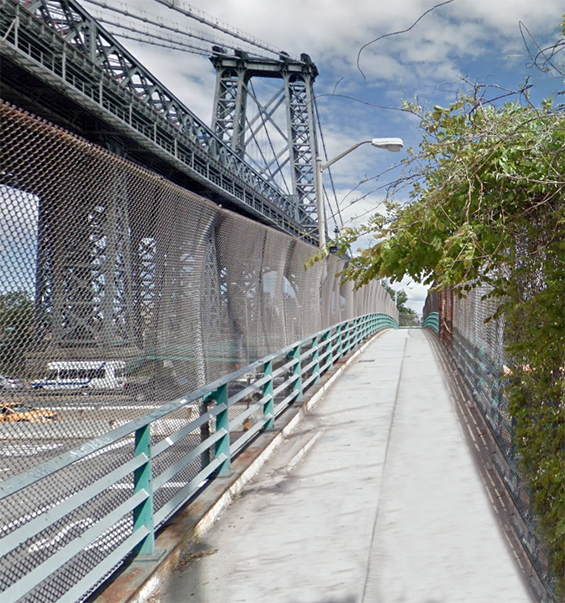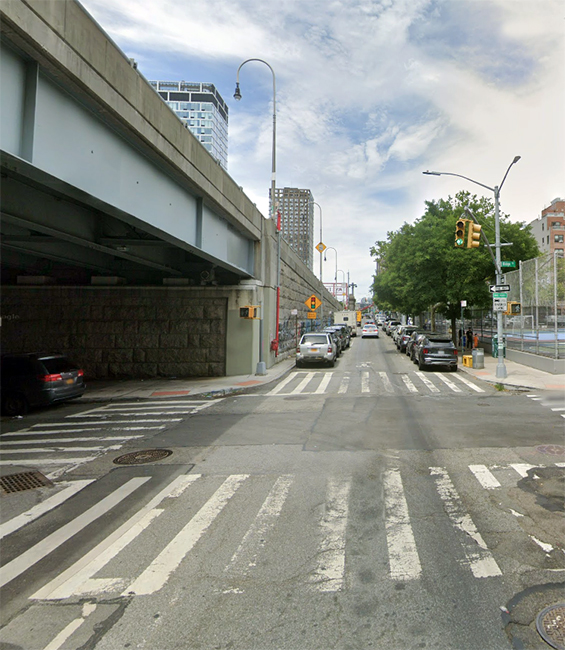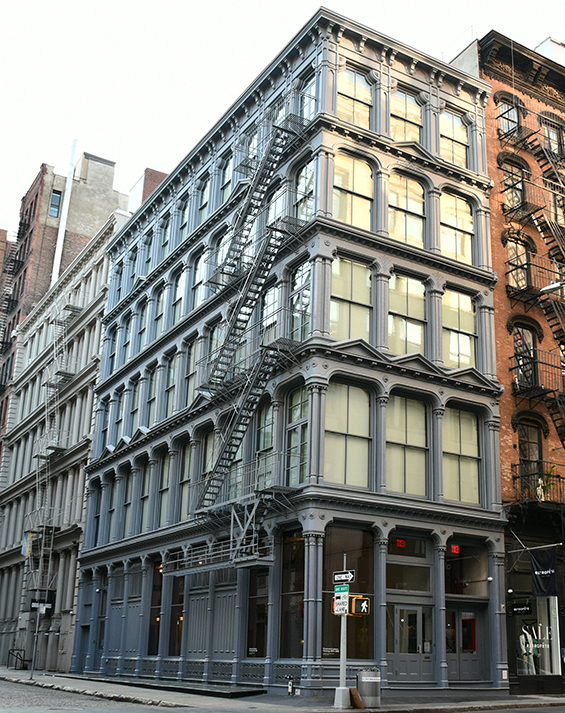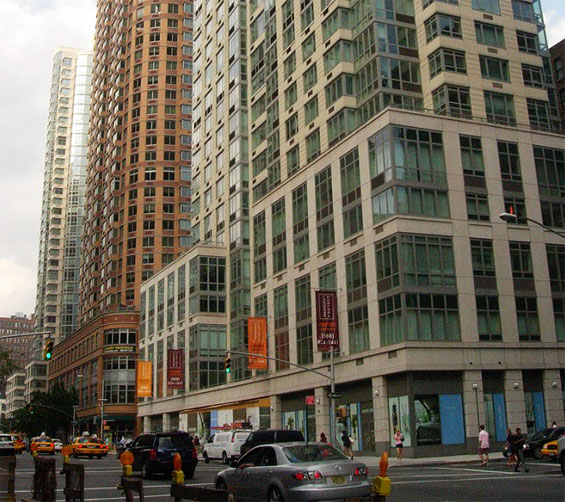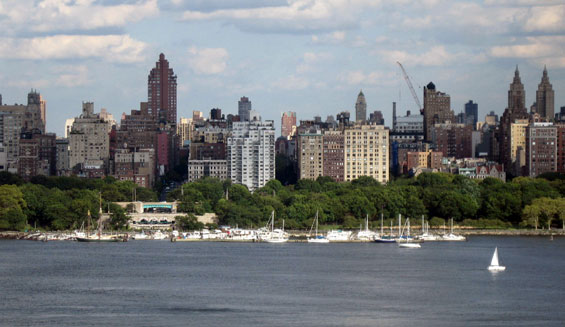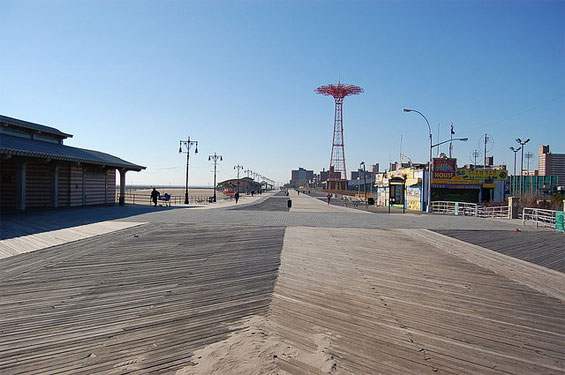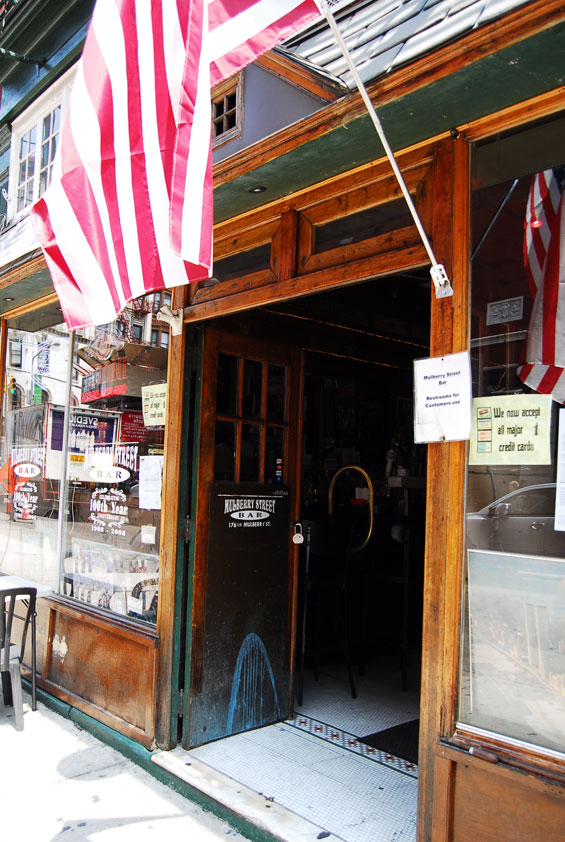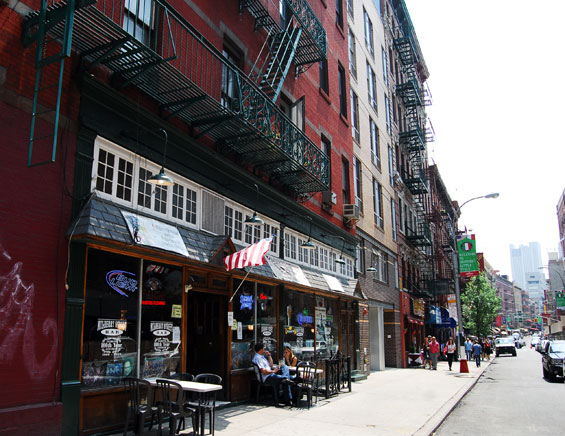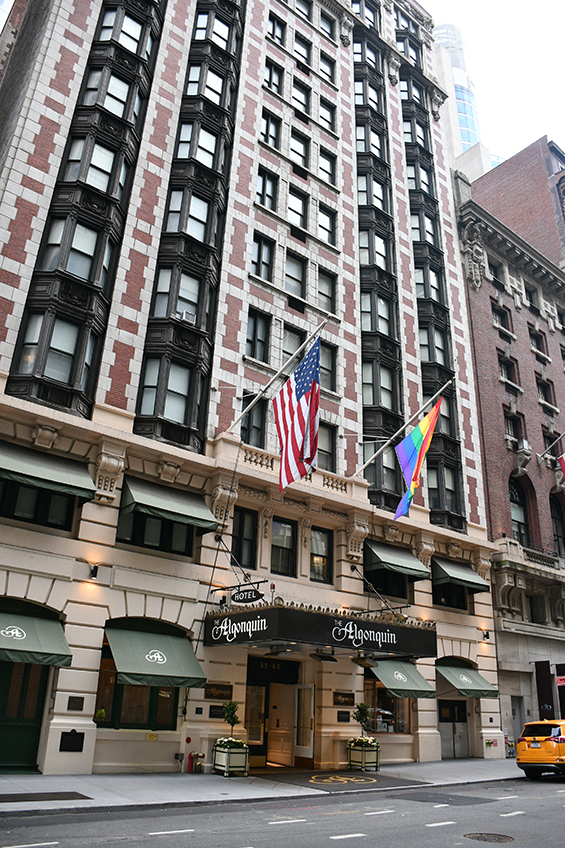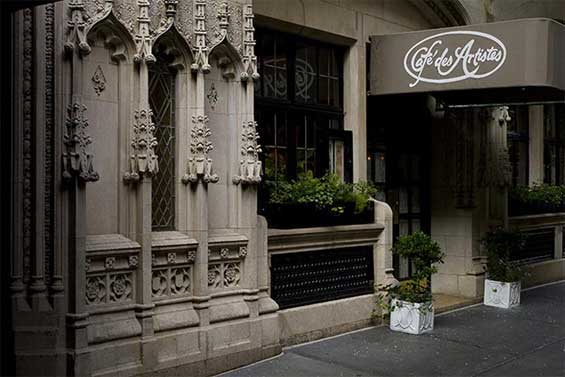9½ Weeks (1986) |
Last Updated: June 2023 |
 |
Elizabeth (Kim Basinger) is a shy and reserved art gallery employee who meets John (Mickey Rourke), a confident and sophisticated Wall Street trader, at a restaurant. The two quickly become involved in a passionate and intense affair, marked by an array of sexual games and seductive behaviour. As John draws Elizabeth further and further into his world, she begins to lose her sense of self and becomes obsessed with him. John is often distant and cold, but Elizabeth is unable to let him go, even as his behavior becomes increasingly erratic and controlling. John is clearly the dominant partner, using his wealth and confidence to manipulate and control Elizabeth. However, as the relationship progresses, it becomes clear that Elizabeth is not only a willing participant in their games but also has her own power and control over John. Their relationship is depicted as a complex and nuanced exploration of desire, power, and control, and as it becomes more obsessive, it becomes clear that neither of them is entirely in control, and that their connection is constantly in flux. |

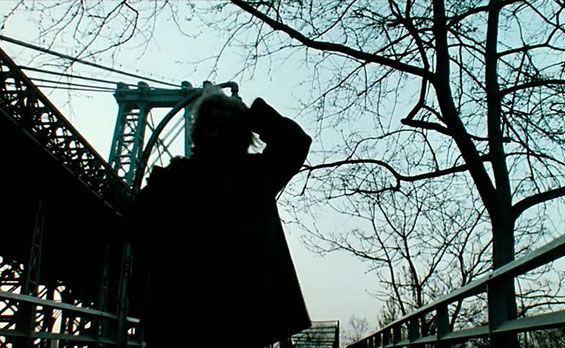
|
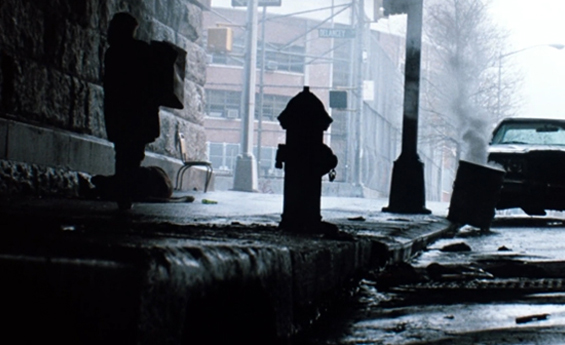
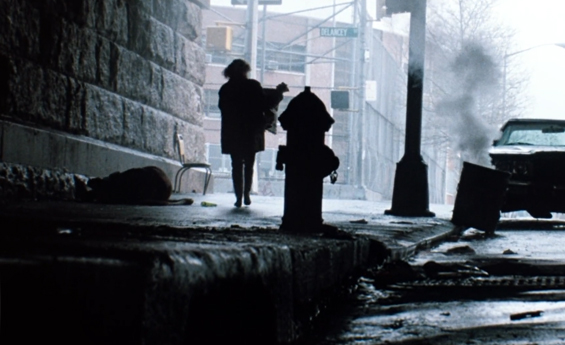
|
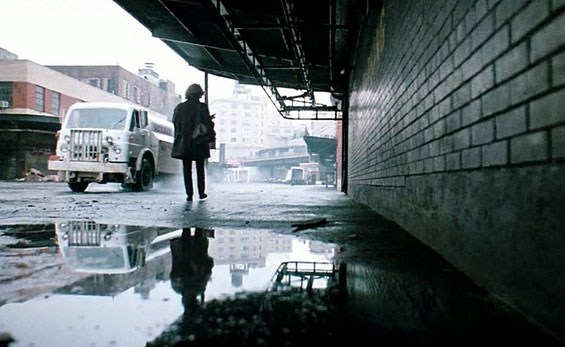


|



|




|
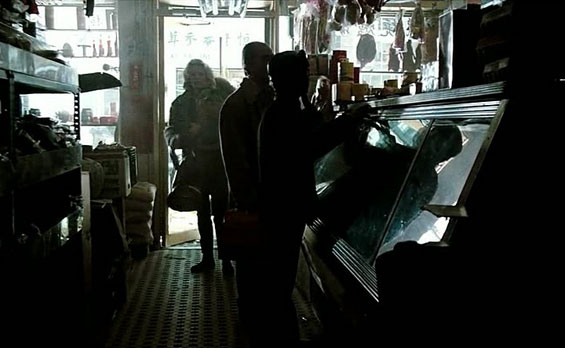
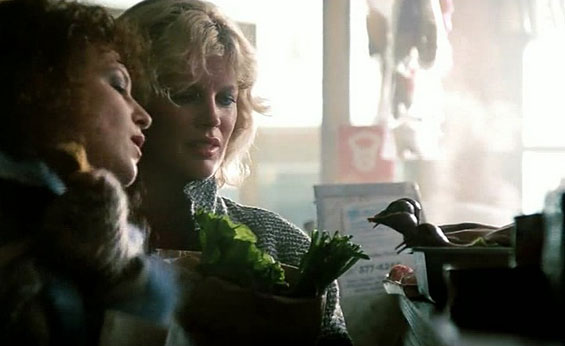
|


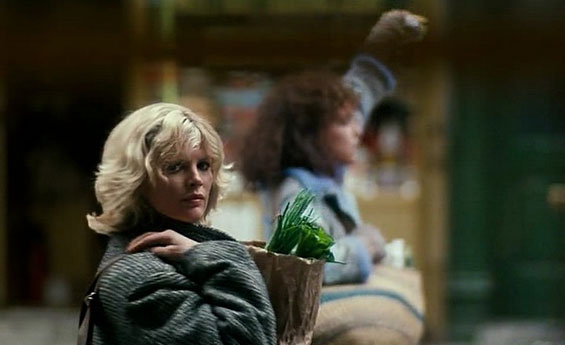
|
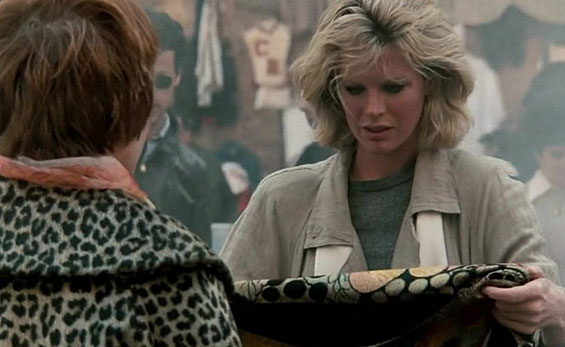
otsoNY Comments: The Chelsea Market at that time was located on the 6th Avenue parking lot, between 25th Street and 26th Street in Chelsea, but today it has an apartment complex.
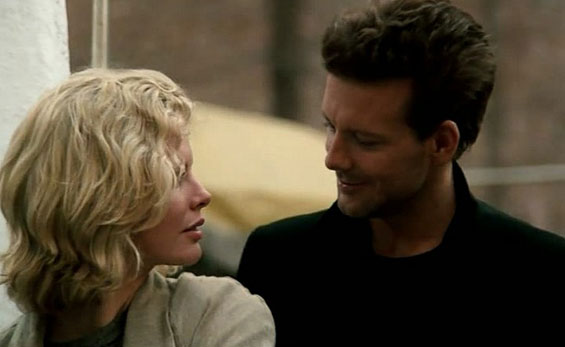
|
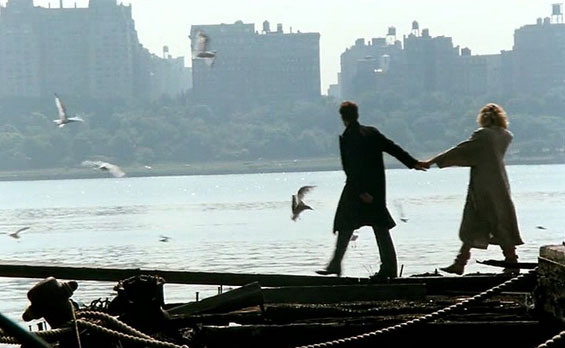




|

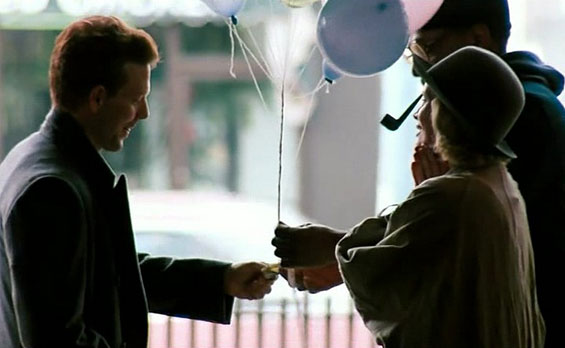
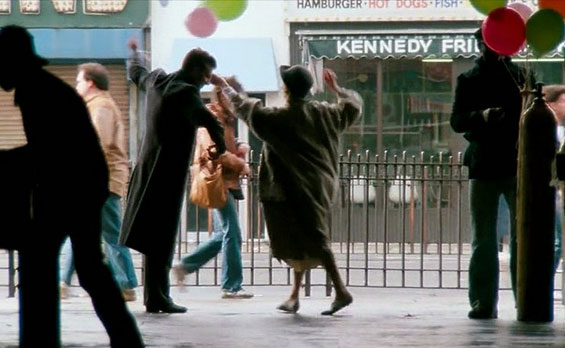
|


|



|

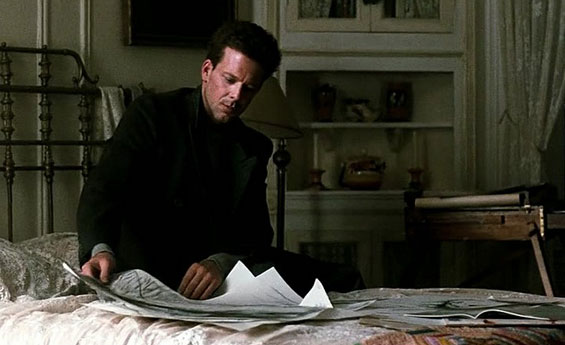


|
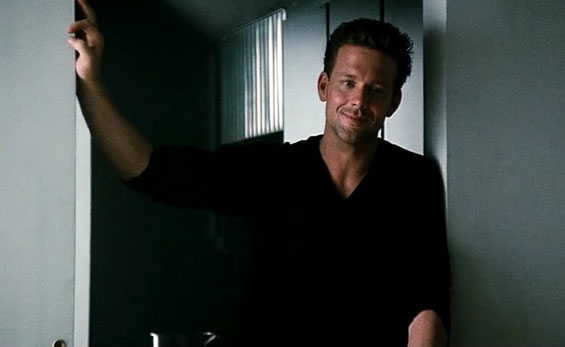
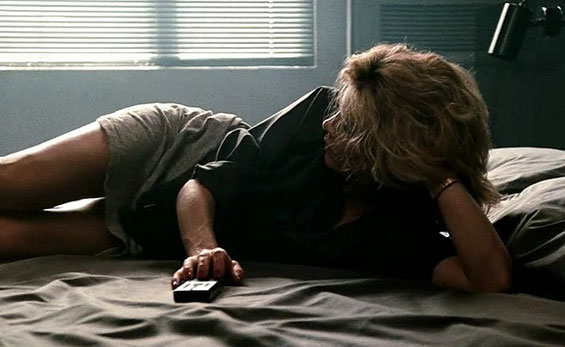


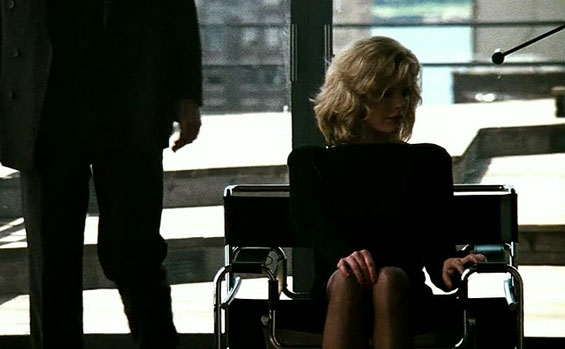
|
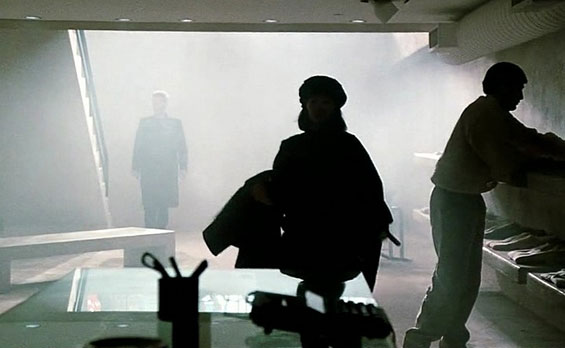
otsoNY Comments: Comme des Garons store in SoHo changed to Prada Sport, and more recently Ray-Ban.


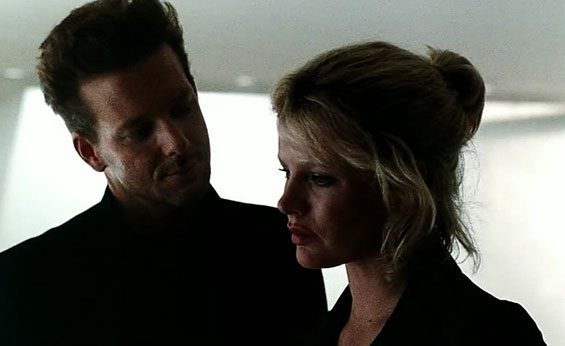
|
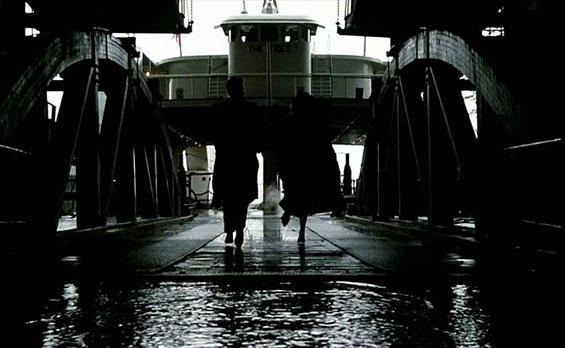
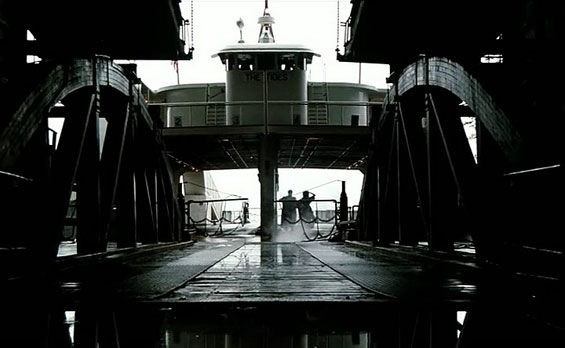
|


|
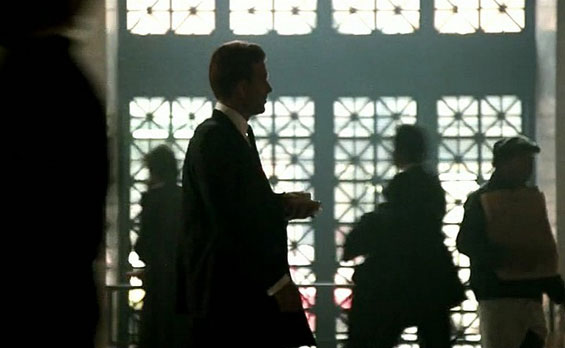

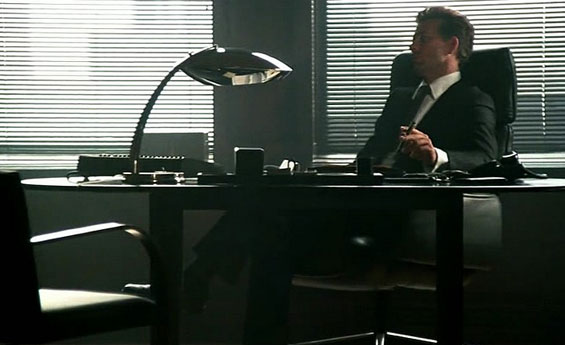
|

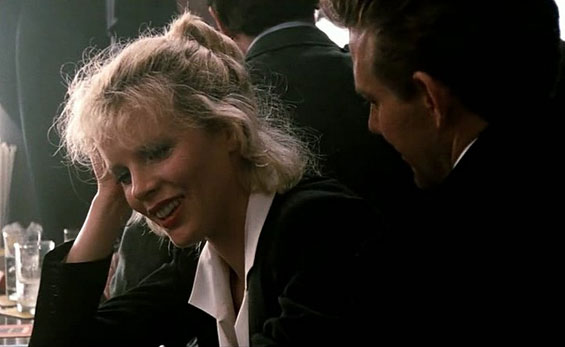

|



|
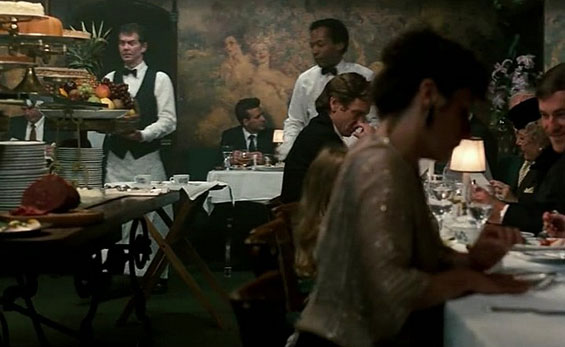

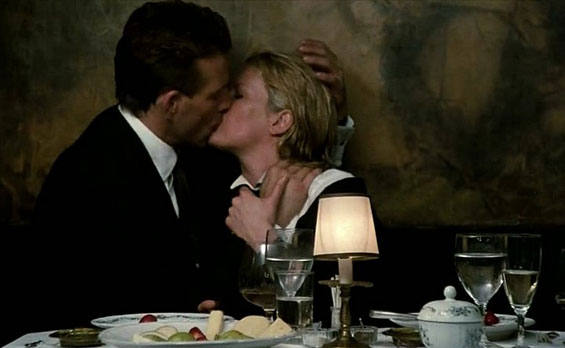
|
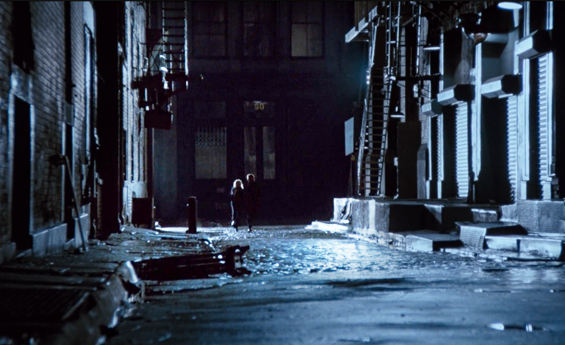
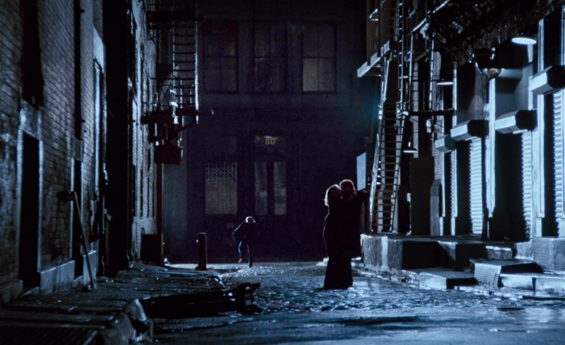

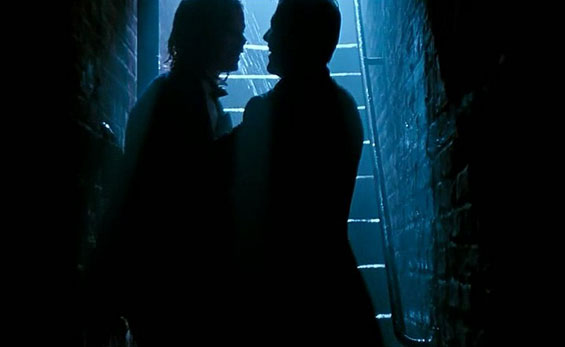
|




|


otsoNY Comments: Kauffman & Sons has since closed and the building has been demolished.

|
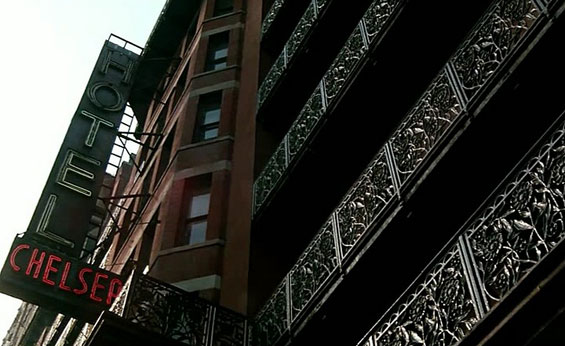



|

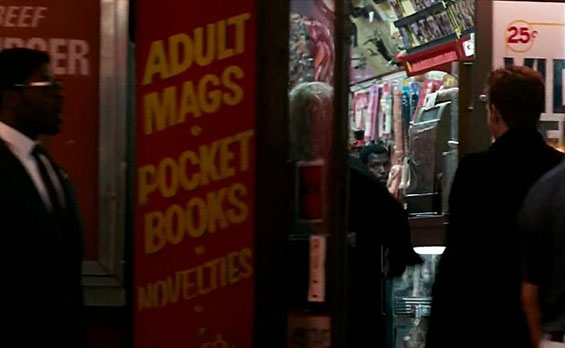

|


|
Quick Links
Chart Listings
Disclaimer
All images that appear on the site are copyrighted to their respective owners and otsoNY.com claims no credit for them unless otherwise noted. If you own the rights to any of the images and do not wish them to appear on the site please contact us, and they will be promptly removed.
|
2009-2025 onthesetofnewyork.com | Film Locations | Picture Gallery | Privacy Policy | Disclaimer | Contact |
Donations for hosting |
|


